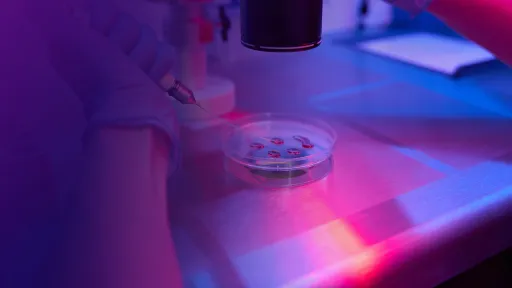Advancing Obesity Treatment Through CB1 Receptor Biology
Obesity has become a global health crisis, doubling in prevalence since 1990 and significantly increasing the risk of heart disease, diabetes, certain cancers, and musculoskeletal disorders. Driven by lifestyle, genetics, and biological factors, obesity now ranks as the fourth leading cause of preventable death worldwide. Effective and safe treatments are urgently needed to reverse this trend and improve quality of life.
Understanding the Science
The CB1 receptor plays a critical role in how the body regulates appetite, fat storage, and metabolism. Originally evolved to help animals survive starvation, CB1 is now involved in the body's response to excess calorie intake. When CB1 receptors become overactivated—common in obesity—this leads to excessive hunger, increased fat accumulation, reduced calorie burning (energy expenditure), and insulin resistance, driving further weight gain.
Because of its central role, CB1 is a well-validated target for obesity treatment. However, previous medications targeting CB1 often had significant side effects, including negative psychological symptoms, due to their action in the brain.
The CRB-913 Mechanism
CRB-913 is a second-generation, highly peripherally restricted CB1 inverse agonist, designed to treat obesity. CB1 inverse agonism is a clinically validated mechanism that induces weight loss. Unlike the first generation of this class of drugs, CRB-913 has minimal brain penetration and markedly increased peripheral targeting of the CB1 receptor. This rationally designed feature addresses safety shortcomings seen in previous CB1 programs while promoting improved reductions in appetite, body fat, leptin, insulin levels, and liver lipid storage, as well as fat breakdown (lipolysis), energy burning, insulin sensitivity, and overall glucose metabolism.
CRB-913 has generated pre-clinical data indicating its potential as a standalone treatment (monotherapy), maintenance therapy, and in combination with incretin analogs currently approved for use in obesity. Early research indicates it may significantly amplify the effectiveness of popular diabetes and obesity treatments like tirzepatide and semaglutide, potentially providing sustained weight loss without excessive loss of muscle mass or unwanted neuro-psychiatric effects.

At Corbus, we are developing CRB-913, an innovative, second-generation oral medication designed to selectively target the cannabinoid receptor type 1 (CB1) to treat obesity more safely and effectively.
Progress and Potential
CRB-913 shows strong promise in preclinical models as both a standalone treatment and in combination with other therapies currently used for obesity. Early research indicates it may significantly amplify the effectiveness of popular diabetes and obesity treatments like tirzepatide and semaglutide, potentially providing sustained weight loss without excessive loss of muscle mass or unwanted psychological effects.
Our Commitment
At Corbus Pharmaceuticals, we are dedicated to delivering therapies that meaningfully improve lives, grounded in scientific integrity and a clear understanding of patient needs. CRB-913 is positioned as a transformative therapeutic option, potentially reducing the severe health risks associated with obesity and enabling people to lead healthier, more active lives.
Learn More
For detailed information on CRB-913 clinical trials, including participation and eligibility, please visit ClinicalTrials.gov
